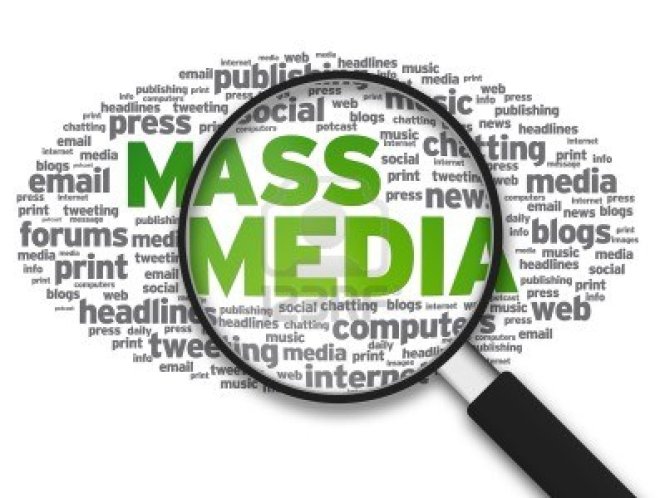 Print media will never be completely replaced in favour of online media. While cyber cultures, online media and social media usage are on a constant rise and will continue to rise, there will still be a strong value held in print Media.
Print media will never be completely replaced in favour of online media. While cyber cultures, online media and social media usage are on a constant rise and will continue to rise, there will still be a strong value held in print Media.
As you all probably know, Johannes Gutenberg invented a mechanical moveable type printing which started the Printing Revolution and was widely regarded as the most important event of the modern period. The revert to online media is another revolution that will work along side and in conjunction with the print media.
 Print media will always have advantages over its online counterpart and visa versa. Forbes outlines 7 reasons why print media will not stop in favour of print media. They are tangibility, credibility, branding, target marketing, engagement, less print adverts and QR codes. I have listed out my thoughts on each reason they proposed.
Print media will always have advantages over its online counterpart and visa versa. Forbes outlines 7 reasons why print media will not stop in favour of print media. They are tangibility, credibility, branding, target marketing, engagement, less print adverts and QR codes. I have listed out my thoughts on each reason they proposed.
- Tangibility – Print is physical and can last and reside in houses, stores, or offices until they are discarded by you. Internet posts, adverts, articles can disappear into cyber space with a click of a button with out your control. But this is based on a person not disc
 arding it and throwing it away or misplacing it. It is possible that you could hold a higher advantage of online news as it could remain online for years and you can always print from online.
arding it and throwing it away or misplacing it. It is possible that you could hold a higher advantage of online news as it could remain online for years and you can always print from online. - Credibility – People can see printed sources as a more legit pice of information rather than what they read on the internet. With pop ups, spam mail, spam adverts and viruses that can be accidentally clicked on & d
 ownloaded while browsing on the internet, people will always be safer with a print source as there is no imminent danger in a print version. Saying that though, people now prefer hearing more than one version of a story or article and use online means to do this. Less and fewer people buy different types of papers to compare the same story.
ownloaded while browsing on the internet, people will always be safer with a print source as there is no imminent danger in a print version. Saying that though, people now prefer hearing more than one version of a story or article and use online means to do this. Less and fewer people buy different types of papers to compare the same story.
- Branding – creating an aesthetic awareness of your brand, Forbes say is stronger in a physical seance. I agree as a graphic designer, but it does not mean that you can’t create a visually appealing version for online purposes that can be shared among the vastly growing social media population.
 Target Marketing – Forbes say that you can place adverts in speciality magazines, newspapers, newsletters that will relate and appeal to a specific target market that can be harder to appeal to online. I disagree as most print outlets now have an online sources where the same strategy can apply and with data analytics and you can target specific groups online too.
Target Marketing – Forbes say that you can place adverts in speciality magazines, newspapers, newsletters that will relate and appeal to a specific target market that can be harder to appeal to online. I disagree as most print outlets now have an online sources where the same strategy can apply and with data analytics and you can target specific groups online too.- More Engaging – Forbes say that print media is more engaging and Iagree to a certain extent. People only spend roughly 5-15 seconds skimming online
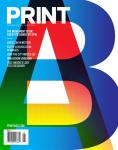 articles and engage less than what they would reading a printed article. A study shows that people read digital screen text 20% – 30% slower than printed paper. (Alshaali & Varshney, 2005). However I do think its important to remember that Articles in a print publication are limited in the type of assets they can incorporate. For example, print media can only include a photo (and the inclusion of a photo is usually dependent on space) and occasionally QR codes, aside from text. With online features, you have ability to share other assets you have created, such as slide shows and videos, making your client and their product or service that much more attractive to potential consumers.
articles and engage less than what they would reading a printed article. A study shows that people read digital screen text 20% – 30% slower than printed paper. (Alshaali & Varshney, 2005). However I do think its important to remember that Articles in a print publication are limited in the type of assets they can incorporate. For example, print media can only include a photo (and the inclusion of a photo is usually dependent on space) and occasionally QR codes, aside from text. With online features, you have ability to share other assets you have created, such as slide shows and videos, making your client and their product or service that much more attractive to potential consumers.
- Less Print Ads – As more and more businesses are turning to online advertising, publications are now less crowded on print media and it can essentially strengthen your print advert and some newspaper editors and magazine editors now charge less for advertising space. From experience this is not common to all media print outlets, some actually charge more for space as there not getting the same volume of business.
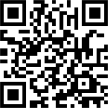
- QR Codes – QR codes have bridged the gap between print and online media. A QR code can make the way you read your print media interactive, which gives you the best of both worlds. It does bridge the gap Forbes, but its doesn’t completely fill the void. In 10 years time the majority of online content will be video.
While I believe one will never completely rule out the other, print media will suffer scale wise within the next 20 years and we will see a shift to small-scale distributions of papers, and magazines. Promotions media will always remain, but there will also be a majority shift towards online.
For campaigns, events, PR, Design ETC, the medium you use will be heavily reliant on your target market. The Social Media Examiner have listed the Future trends of Social Media. Blastmedia have listed out the benefits of using online media which is worth a read as they give a different perspective than that of Forbes.
Our society has gone through a weird, unremarked transition: we’ve gone from regarding the Net as something exotic to something that we take for granted as a utilitarian necessity, like mains electricity or running water.
 I came accross a TED conversation ‘Is there a future left for Print media?’ by Naomi Zuiverloon. Her conversation provoked many interesting responses which are interesting to read and consider. If you have the time, their is a series of 12 Talkds about Our Digital lives on TED. The two I thought were most interesting were Johanna Blakley on Social media and the end of gender and Clay Shirky on How cognitive surplus will change the world.
I came accross a TED conversation ‘Is there a future left for Print media?’ by Naomi Zuiverloon. Her conversation provoked many interesting responses which are interesting to read and consider. If you have the time, their is a series of 12 Talkds about Our Digital lives on TED. The two I thought were most interesting were Johanna Blakley on Social media and the end of gender and Clay Shirky on How cognitive surplus will change the world.
Journeyman Pictures created this 8 min snippet of a film about print media vs online media. The full film is available to rent on their website.
As always, thank you for reading my blog but for now ….


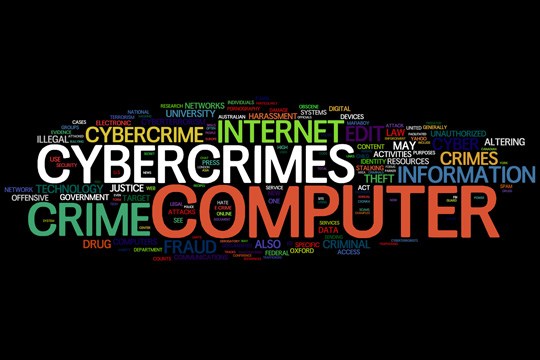



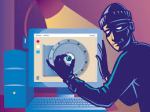


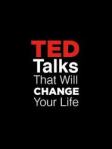
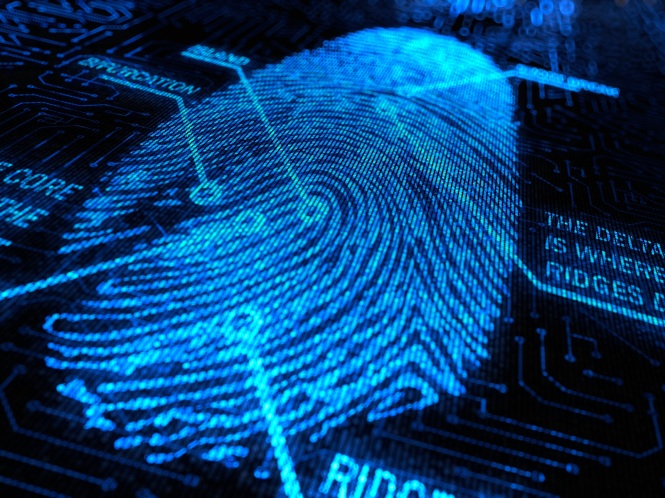
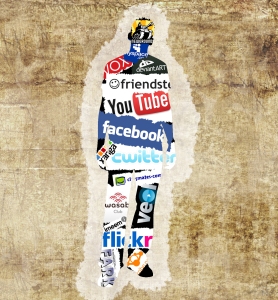
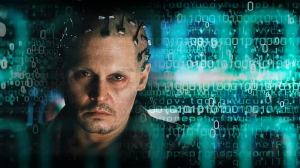
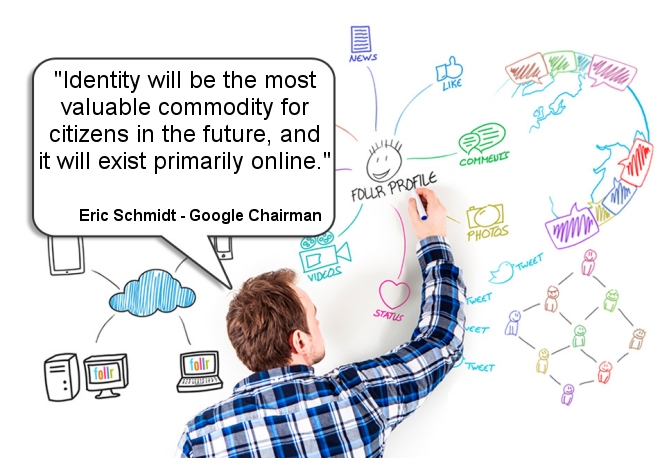

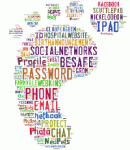
![keep-calm-and-keep-your-password-secret[1]](https://aoifenimhurchucybercultures.files.wordpress.com/2015/03/keep-calm-and-keep-your-password-secret1.png?w=257&h=300)

